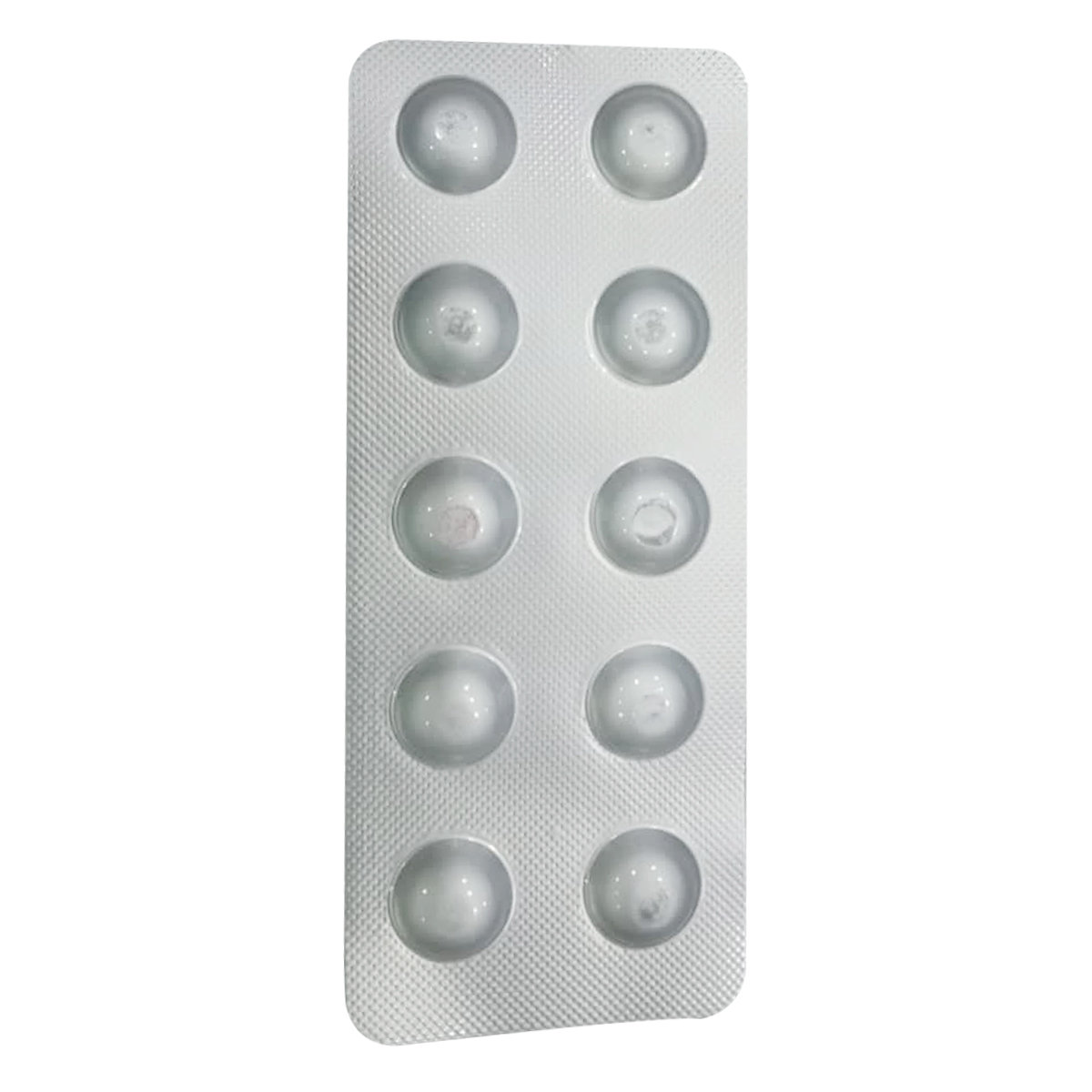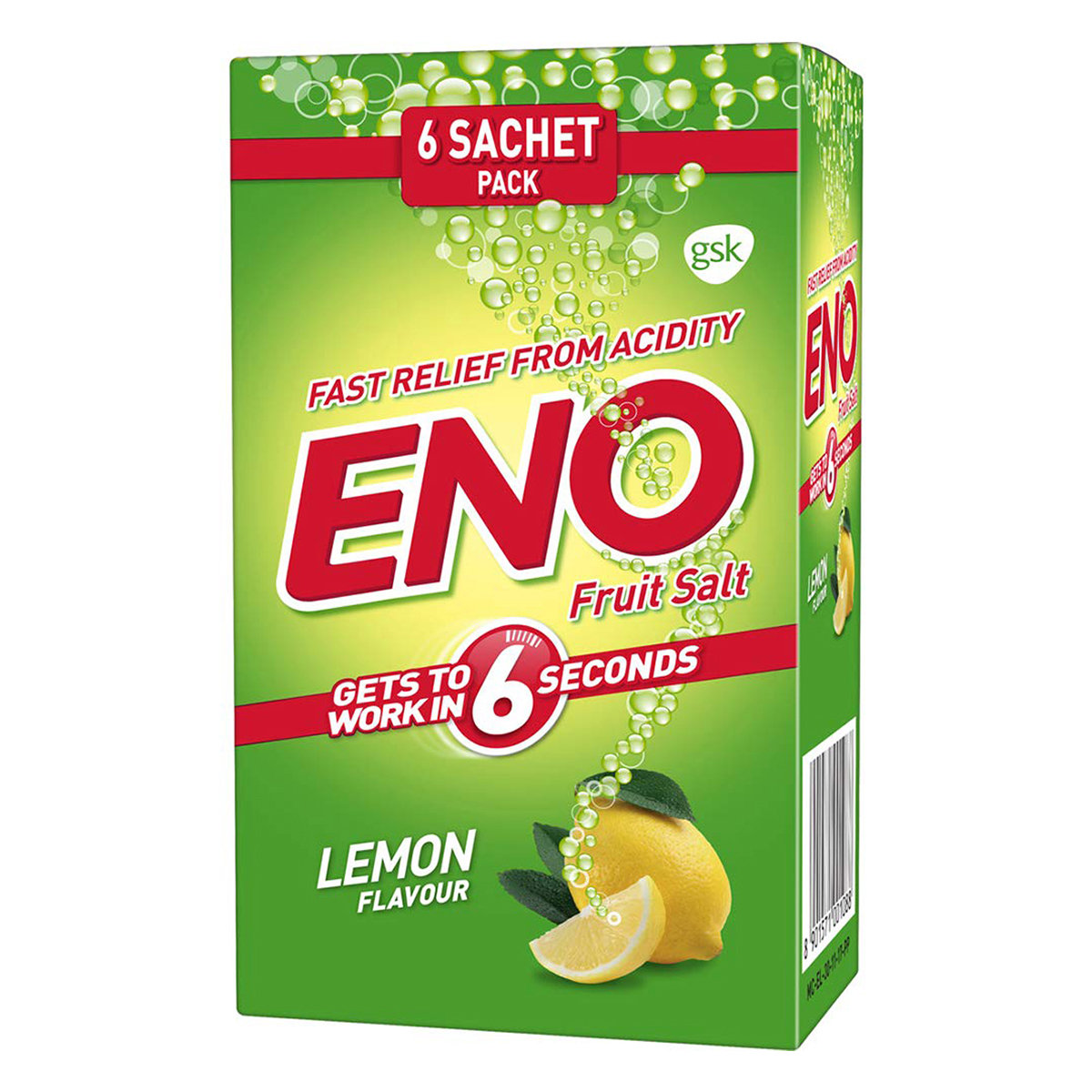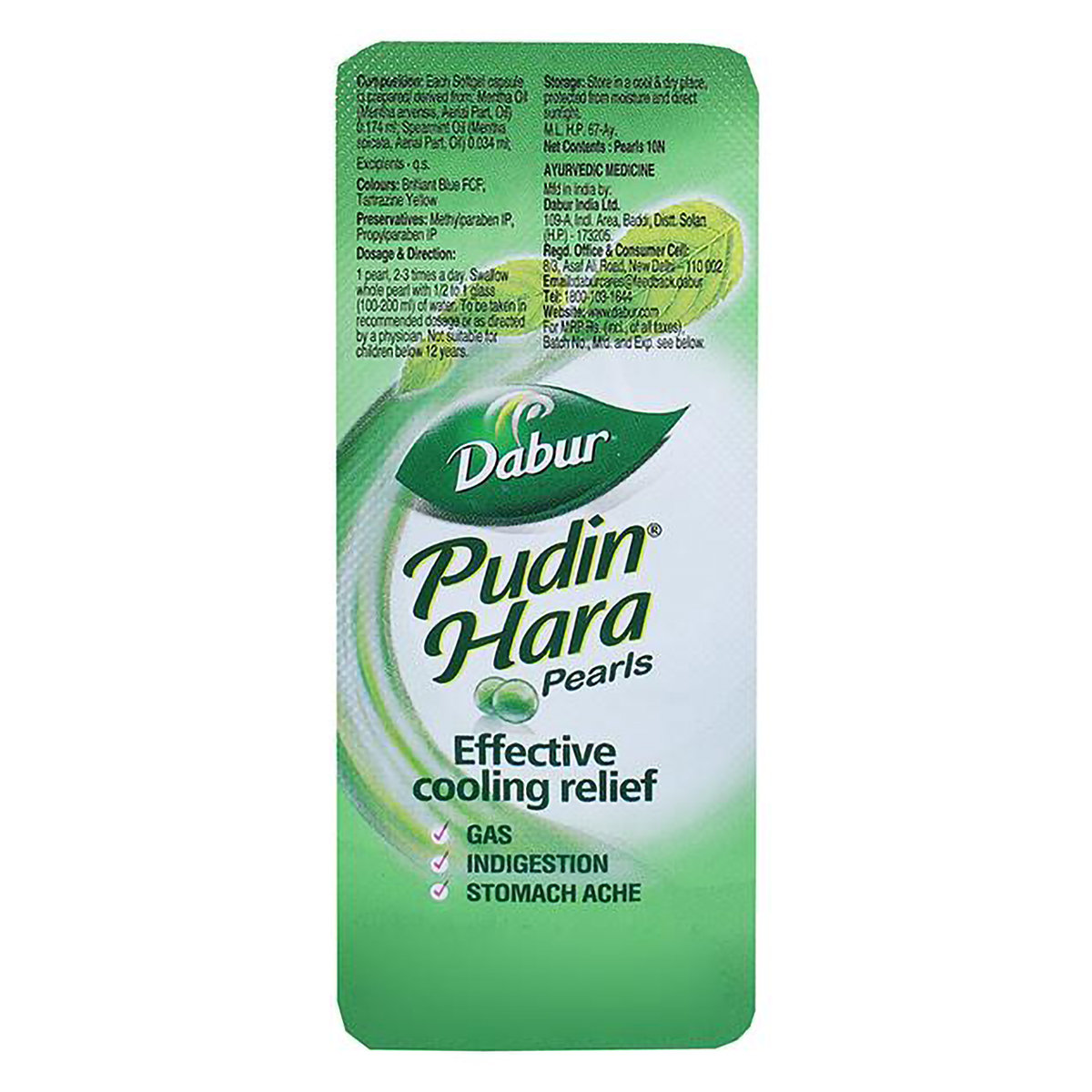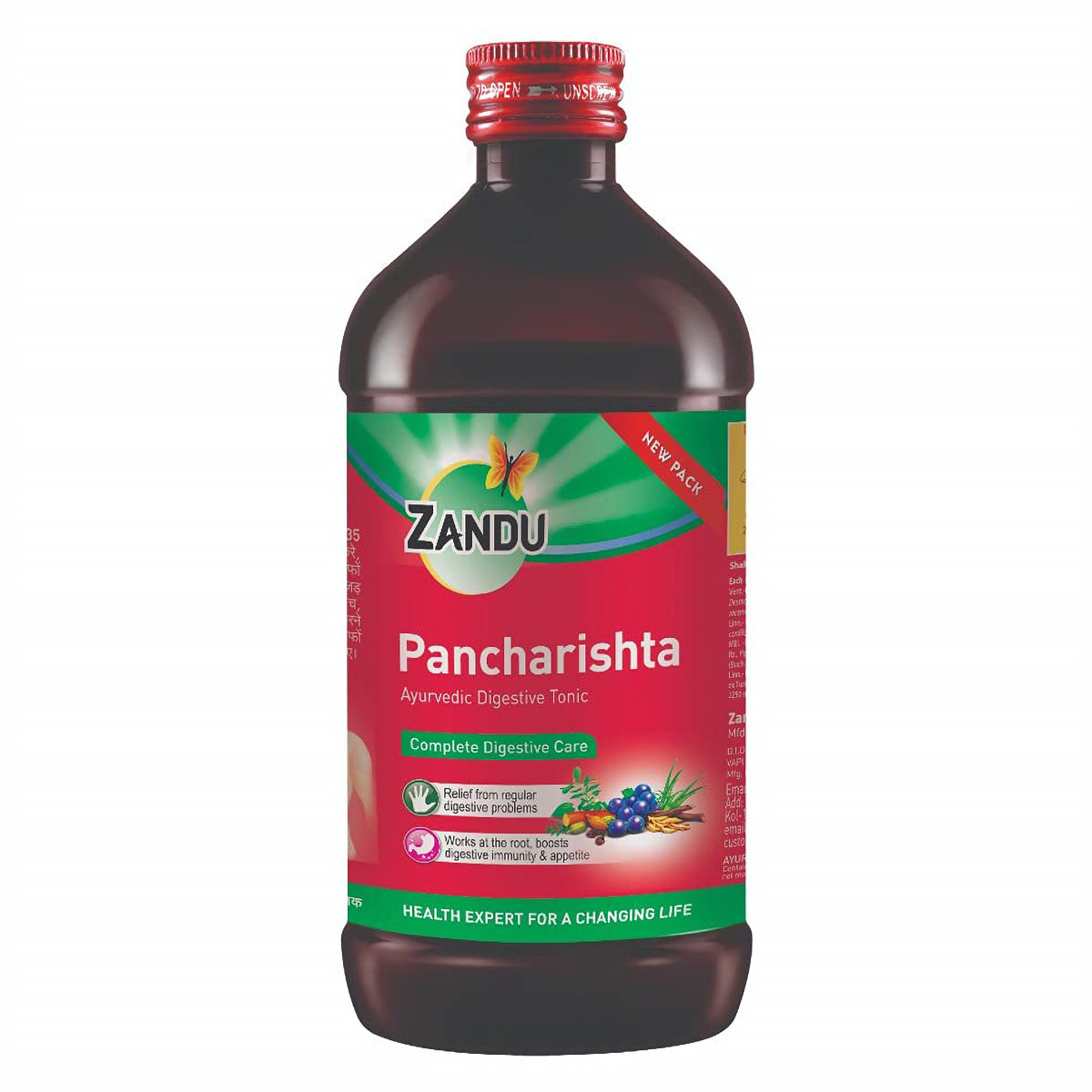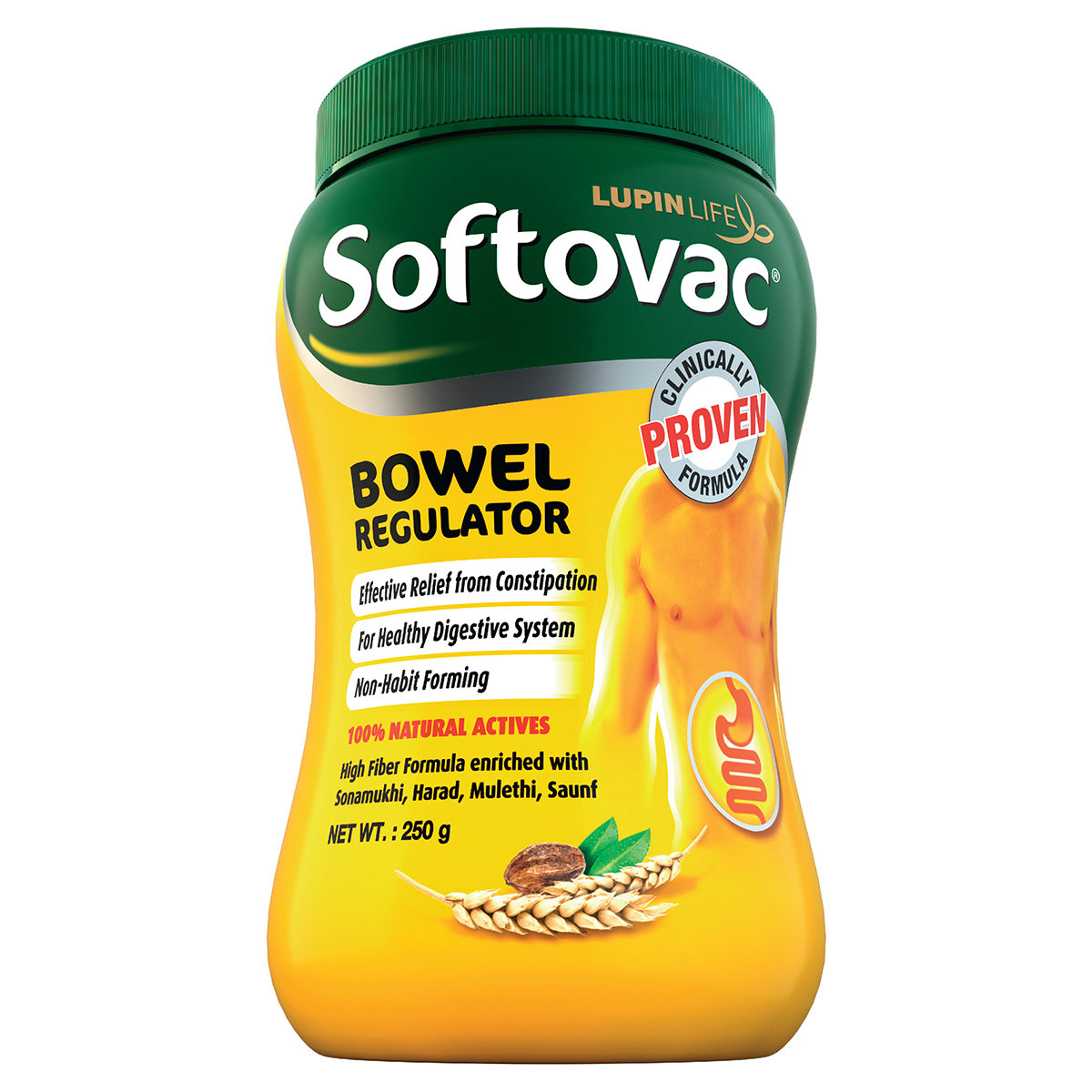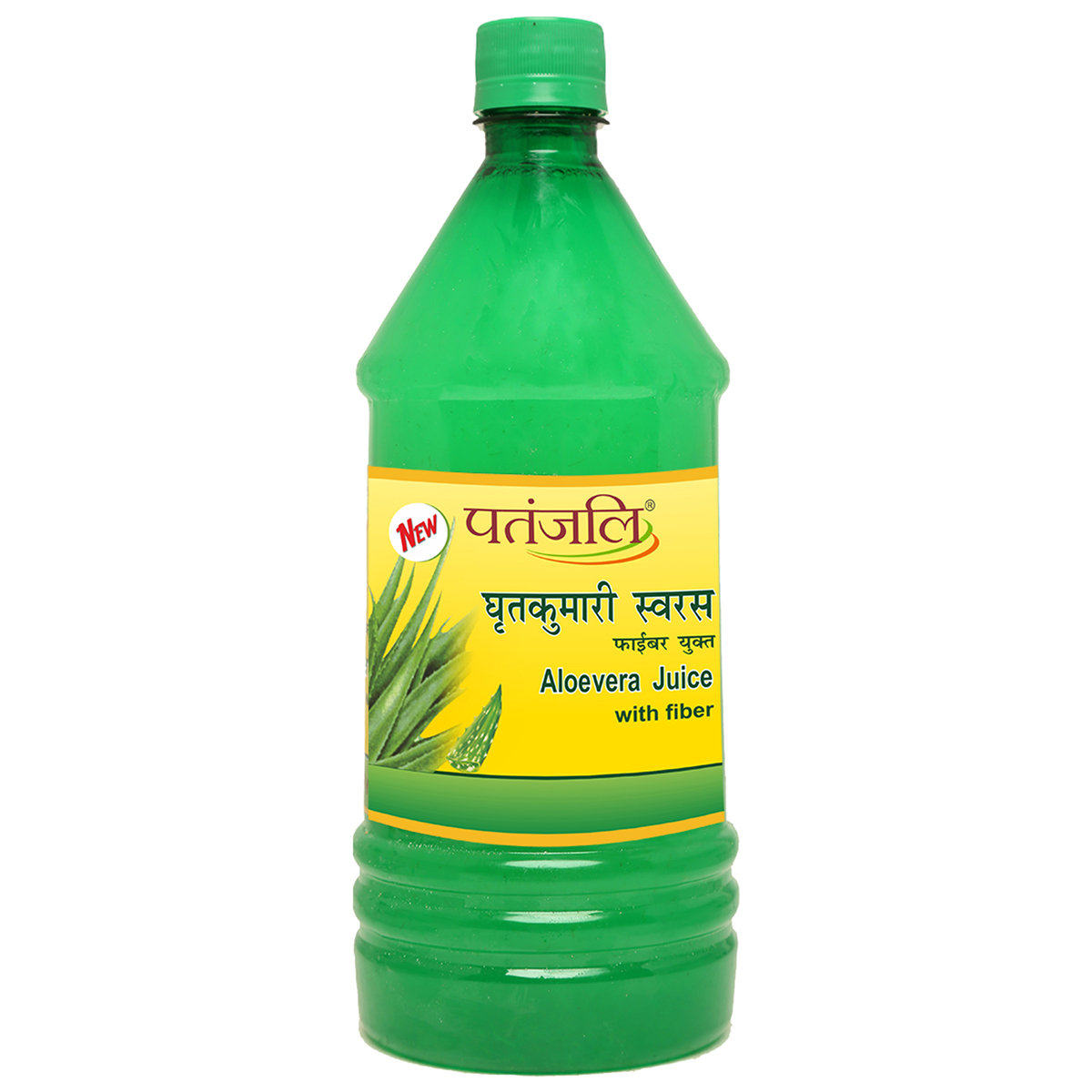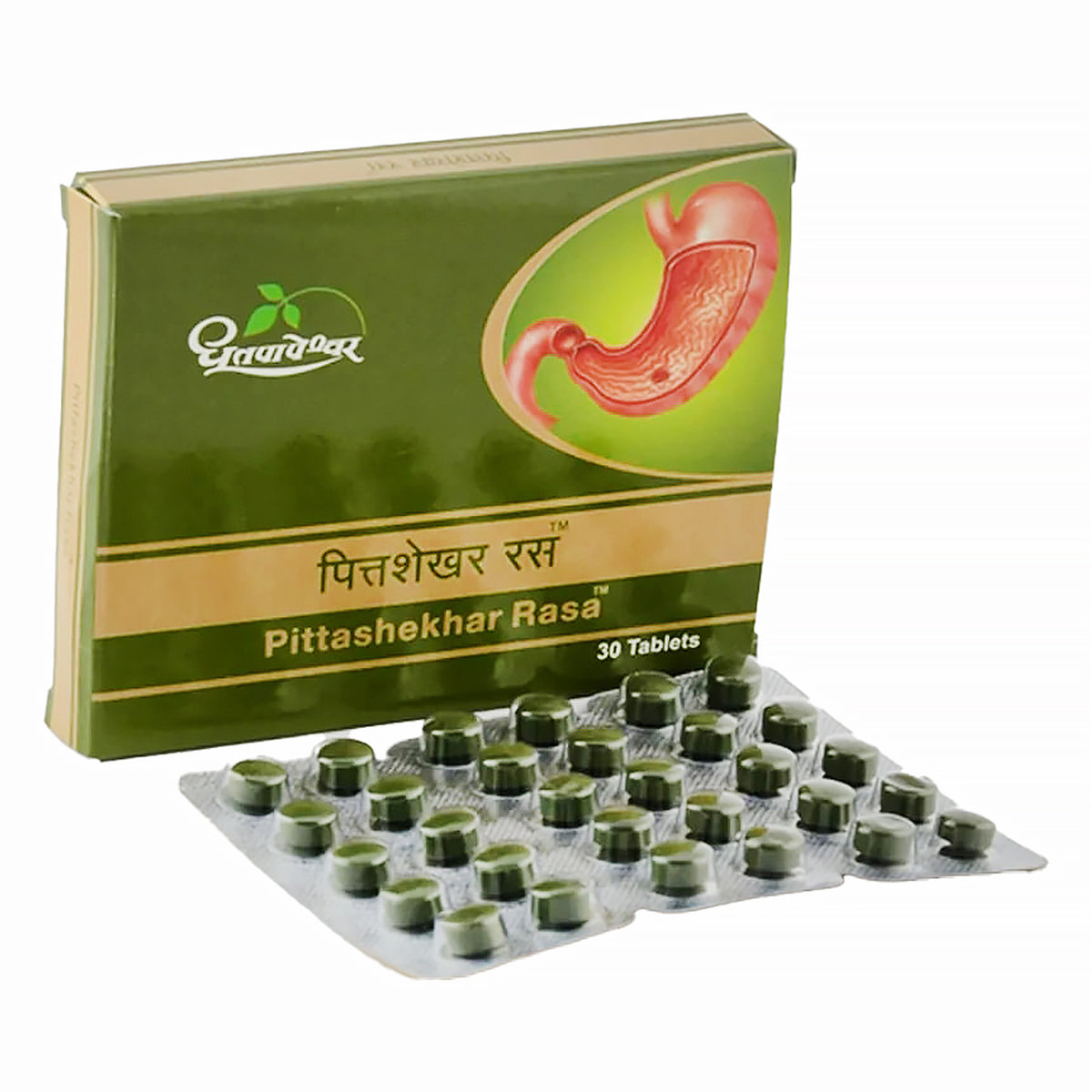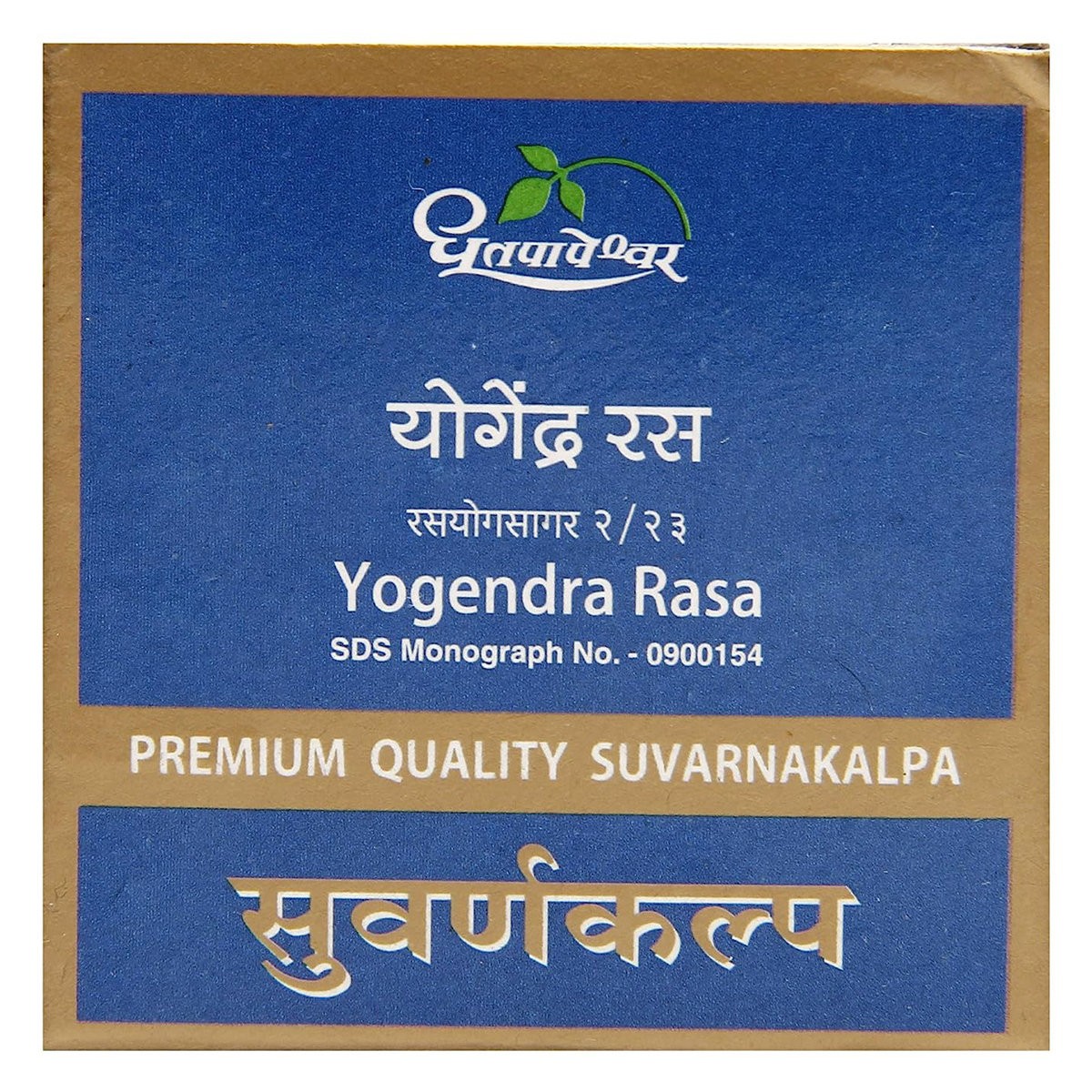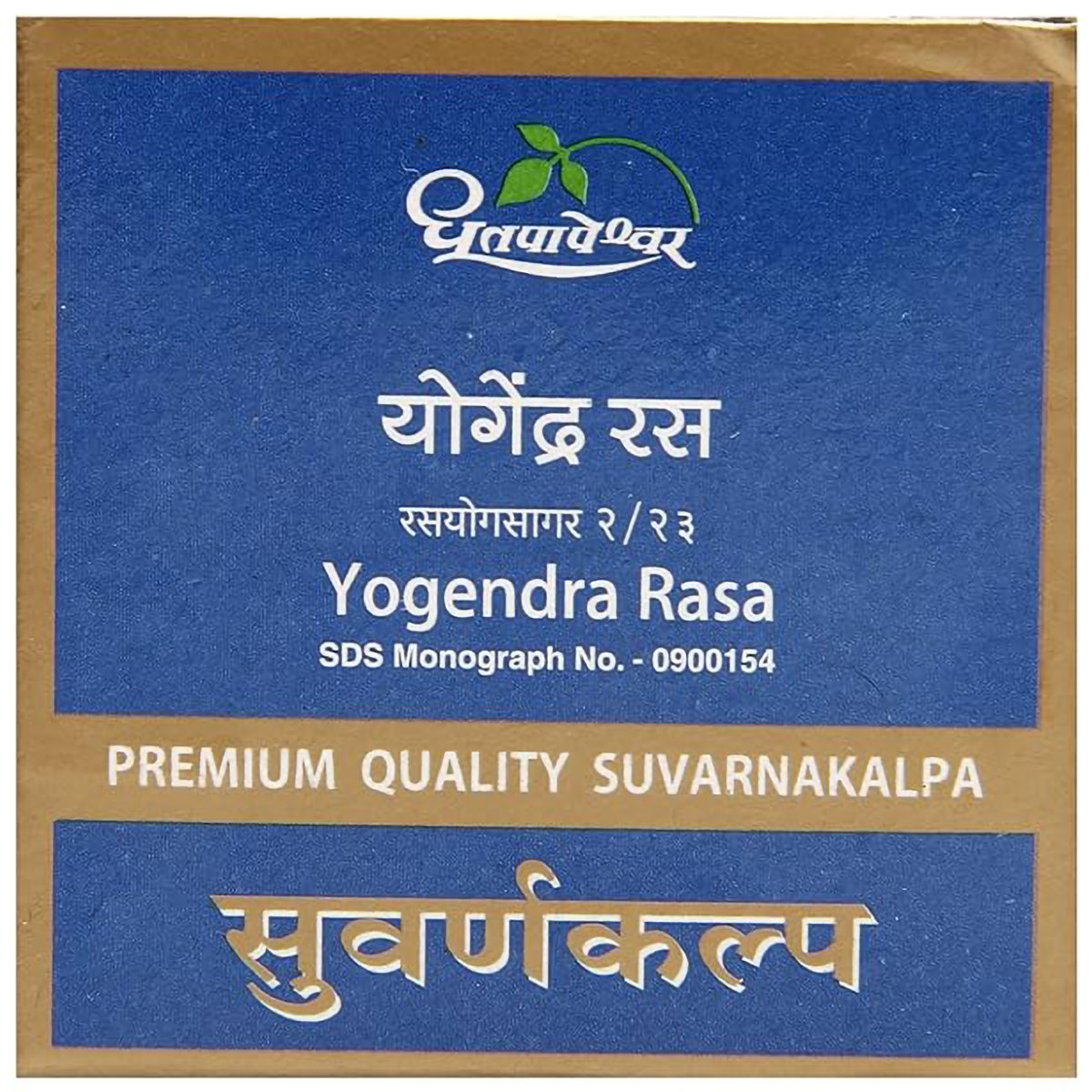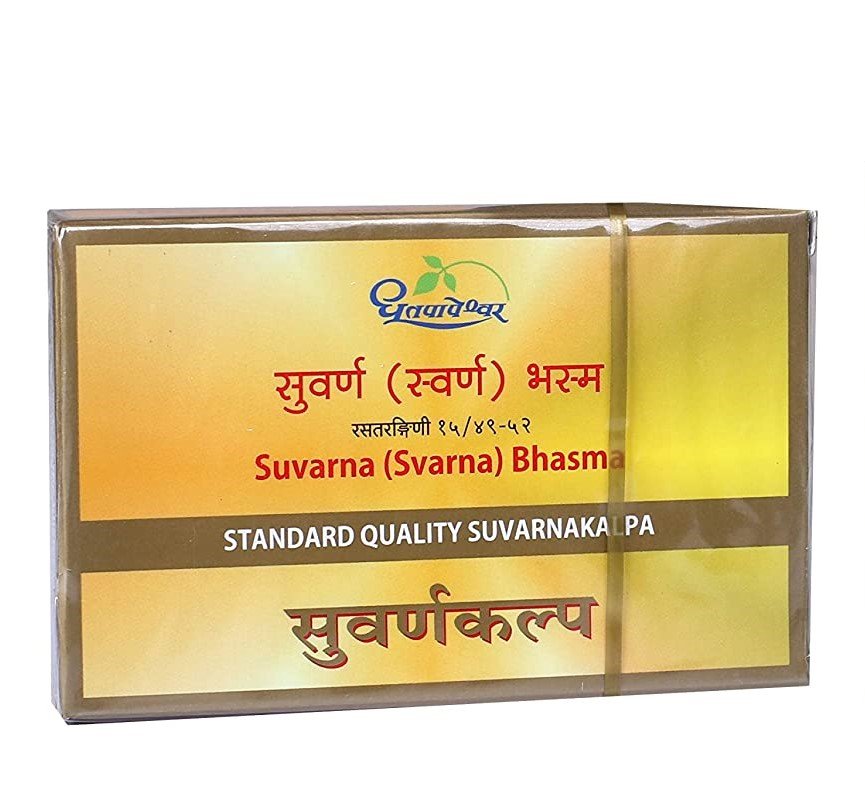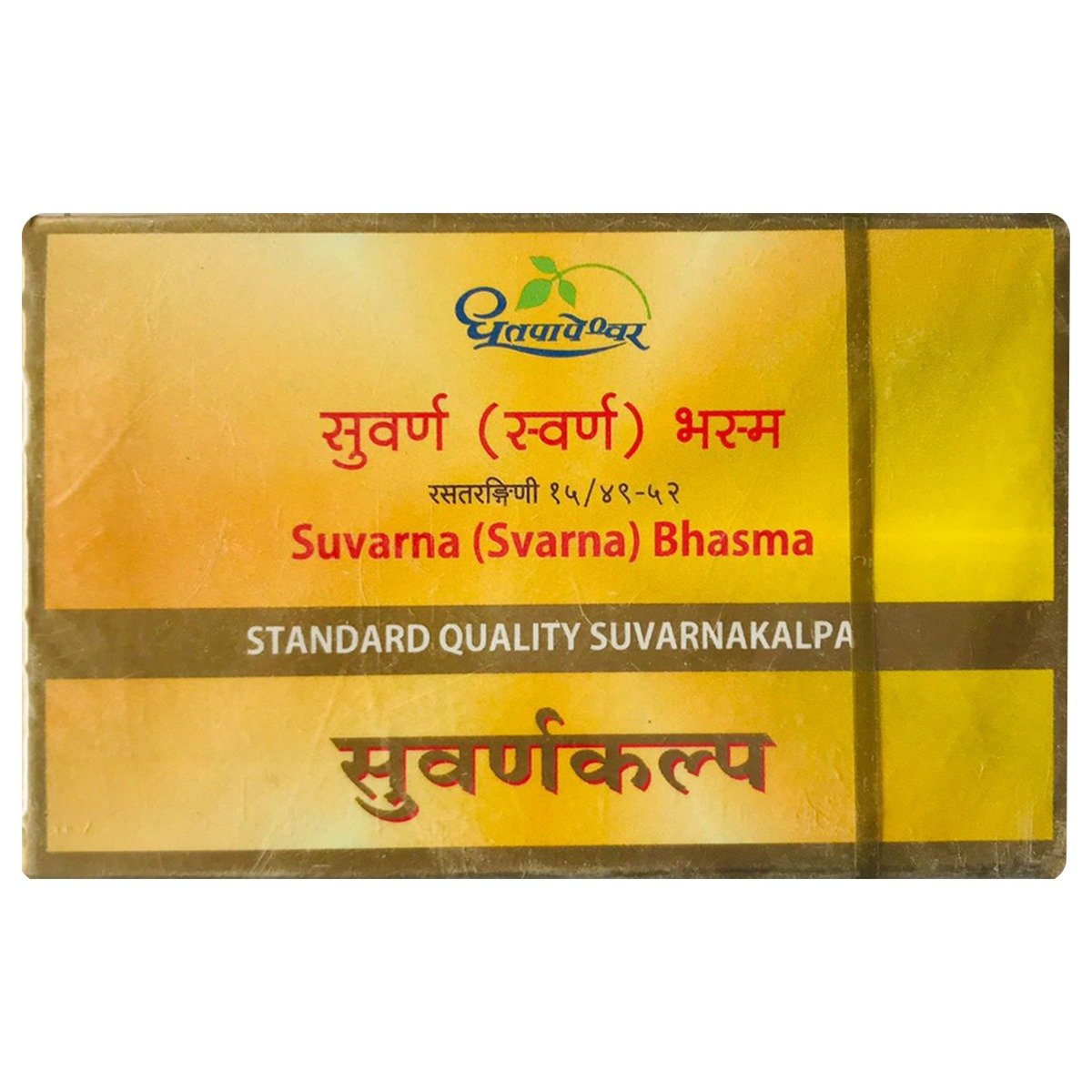Rabidoc 20 mg Tablet 10's
₹84.8
MRP ₹11325% off
(Inclusive of all Taxes)
Get Free delivery (₹99)
Know Your Delivery Time
Provide Delivery Location

Secure Payment

India's Most Trusted Pharmacy

Genuine Products
Composition :
Manufacturer/Marketer :
Consume Type :
Expires on or after :
Return Policy :
About Rabidoc 20 mg Tablet
Rabidoc 20 mg Tablet belongs to a group of medicines called proton pump inhibitors, which are used to reduce the amount of acid produced in the stomach. It is commonly prescribed to treat duodenal ulcers (sores in the upper part of the small intestine), gastro-oesophageal reflux disease or GERD (when stomach acid flows back into the food pipe), heartburn (a burning feeling in the chest caused by acid), and erosive oesophagitis (damage to the lining of the food pipe due to acid). It is also used to treat infections caused by a stomach bacteria called Helicobacter pylori (along with antibiotics), and a rare condition called Zollinger-Ellison syndrome (when the stomach makes too much acid).
Rabidoc 20 mg Tablet contains Rabeprazole, which works by blocking the acid-producing pumps in the stomach. By reducing acid levels, it helps relieve symptoms, allows ulcers and damaged areas to heal, and prevents new ulcers from forming.
Your doctor will decide the correct dose and duration depending on your condition, so it’s essential to follow their instructions carefully. Some people may experience side effects while taking Rabidoc 20 mg Tablet . Common ones include headache, dizziness, diarrhoea, constipation, nausea, vomiting, gas (bloating), weakness, or a runny nose. These are usually mild and go away on their own. However, if any of these symptoms continue or become bothersome, you should contact your doctor.
Before taking Rabidoc 20 mg Tablet , inform your doctor if you have any liver problems or a stomach tumour. Long-term use may lower magnesium and vitamin B12 levels, and slightly increase the risk of bone fractures. Avoid alcohol, as it can increase stomach acid and side effects like drowsiness. Additionally, this medication may cause drowsiness or dizziness, so avoid driving or operating machinery until you feel fully alert. Rabidoc 20 mg Tablet is not recommended for children, and if you are pregnant or breastfeeding, consult your doctor before using it.
Uses of Rabidoc 20 mg Tablet
Rabidoc 20 mg Tablet is used to treat the following conditions:
- Gastro-oesophageal Reflux Disease (GERD): Relieves heartburn and acid reflux by reducing stomach acid.
- Erosive Oesophagitis: Heals damage to the food pipe caused by excess stomach acid.
- Duodenal Ulcers: Helps heal sores in the upper part of the small intestine.
- Gastric Ulcers: Treats and heals ulcers in the stomach lining.
- Helicobacter pylori Infection (with antibiotics): Helps eliminate bacteria that cause ulcers.
- Zollinger-Ellison Syndrome: Controls excessive acid production in the stomach.

Have a query?
Directions for Use
- Rabidoc 20 mg Tablet can be taken with or without food depending on the medical condition. However, it is preferable to take it at least 30 minutes before a meal for better efficacy.
- It is usually taken 1-2 times daily or as prescribed by your doctor.
- Swallow Rabidoc 20 mg Tablet as a whole with a glass of water.
- Do not crush or chew this medication.
Key Benefits
- Rabidoc 20 mg Tablet contains Rabeprazole, a proton pump inhibitor (PPI) used to treat conditions caused by excess stomach acid.
- It is commonly prescribed to manage acid-related disorders such as gastric and duodenal ulcers, acid reflux, and GERD (gastro-oesophageal reflux disease).
- Rabeprazole works by blocking proton pumps in the stomach lining, which are responsible for producing acid.
- By reducing acid levels, Rabidoc 20 mg Tablet helps relieve symptoms like heartburn, indigestion, and sour burps.
- It also promotes the healing of ulcers and acid-related damage in the oesophagus (food pipe).
- When taken as prescribed, Rabidoc 20 mg Tablet helps prevent the recurrence of ulcers and effectively manages chronic conditions such as GERD and Zollinger-Ellison syndrome.
- Maintaining a healthy diet, avoiding spicy or acidic foods, reducing stress, quitting smoking, and limiting alcohol can improve the effectiveness of Rabidoc 20 mg Tablet and support better digestive health over time.
How Rabidoc 20 mg Tablet Works
Storage
What if I have taken an overdose of Rabidoc 20 mg Tablet
Drug Warnings
- Do not take Rabidoc 20 mg Tablet if you are allergic to Rabeprazole or any of its ingredients.
- Inform your doctor if you have liver problems, gastrointestinal conditions, or are scheduled for specific lab tests (e.g., Chromogranin A), as Rabeprazole may affect results.
- Consult your doctor if you are pregnant, planning to become pregnant, or breastfeeding, before starting Rabidoc 20 mg Tablet .
- Seek medical attention if you experience symptoms such as severe abdominal pain, persistent diarrhoea, dizziness, muscle cramps, or signs of low magnesium or vitamin B12 deficiency.
- Let your doctor know about all other medications you are taking, including over-the-counter drugs, herbal products, or supplements, to avoid interactions.
- Use in children is not recommended, as the safety and effectiveness of Rabidoc 20 mg Tablet have not been established in pediatric patients.
- Elderly patients (65 years and above) should use Rabidoc 20 mg Tablet with caution, as they may be at greater risk for side effects like low magnesium levels, vitamin B12 deficiency, and bone fractures with long-term use.
Drug-Drug Interactions
Drug-Drug Interactions
Login/Sign Up
When used in combination with erlotinib, Rabidoc 20 mg Tablet may prevent the absorption of erlotinib into the circulation, which might make erlotinib less effective in treating cancer.
How to manage the interaction:
Taking Rabidoc 20 mg Tablet with Erlotinib is not recommended as it can result in an interaction, it should be taken only if a doctor has advised it. Do not stop using any medications without consulting a doctor.
Co-administration of Rabidoc 20 mg Tablet can make Rilpivirine less effective by reducing its absorption in the body.
How to manage the interaction:
Taking Rabidoc 20 mg Tablet with Rilpivirine is not recommended, but can be taken if prescribed by the doctor. Do not discontinue the medications without consulting a doctor.
When Rabidoc 20 mg Tablet and Idelalisib are taken in combination, Idelalisib may increase the level or impact of Rabidoc 20 mg Tablet.
How to manage the interaction:
Although taking Rabidoc 20 mg Tablet and Idelalisib together can result in an interaction, it can be taken if a doctor has prescribed it. Do not discontinue any medications without a doctor's advice.
When Phenytoin and Rabidoc 20 mg Tablet are taken in combination, Phenytoin will reduce the concentration or impact of Rabidoc 20 mg Tablet.
How to manage the interaction:
Although taking Phenytoin and Rabidoc 20 mg Tablet together can result in an interaction, it can be taken if a doctor has prescribed it. Do not discontinue any medications without a doctor's advice.
Co-administration of Atazanavir's blood levels and absorption can both be affected by Rabidoc 20 mg Tablet, which decreases the atazanavir's ability to treat HIV.
How to manage the interaction:
Although taking Rabidoc 20 mg Tablet and atazanavir together can result in an interaction, it can be taken if a doctor has prescribed it. Do not discontinue any medications without a doctor's advice.
Taking Rabidoc 20 mg Tablet together with Pazopanib can result in a decreased effectiveness of Pazopanib in treating the disease.
How to manage the interaction:
Although taking Rabidoc 20 mg Tablet and Pazopanib together can result in an interaction, but can be taken together if prescribed by a doctor. However, if you experience any unusual symptoms contact your doctor immediately. Do not stop using any medications without talking to a doctor.
Taking Clopidogrel with Rabidoc 20 mg Tablet can reduce the effectiveness of Clopidogrel.
How to manage the interaction:
Taking Clopidogrel and Rabidoc 20 mg Tablet together possibly has an interaction, but you can take these medications together if a doctor has advised it. Do not stop using any medications without talking to a doctor.
Taking Rabidoc 20 mg Tablet together with Gefitinib results in decreased levels of gefitinib in your blood. This can result in a decreased effectiveness of gefitinib in treating the disease.
How to manage the interaction:
Although taking Rabidoc 20 mg Tablet and Gefitinib together can possibly result in an interaction, it can be taken if your doctor has prescribed it. To lessen the effects of the interaction, it is advised that you take gefitinib 12 hours before or 12 hours after Rabidoc 20 mg Tablet. Do not discontinue any medications without a doctor's advice.
Taking Rabidoc 20 mg Tablet together with Dasatinib results in decreased levels of Dasatinib and its effectiveness.
How to manage the interaction:
Although taking Rabidoc 20 mg Tablet and Dasatinib together can result in an interaction, it can be taken if a doctor has prescribed it. Do not discontinue any medications without a doctor's advice.
Taking Rabidoc 20 mg Tablet together with Acalabrutinib results in a decreased effectiveness of Acalabrutinib.
How to manage the interaction:
Although taking Rabidoc 20 mg Tablet and Acalabrutinib together can result in an interaction, it can be taken if a doctor has prescribed it. Do not discontinue any medications without a doctor's advice.
Drug-Food Interactions
Drug-Food Interactions
Login/Sign Up
Diet & Lifestyle Advise
- Eat smaller meals more often.
- Avoid smoking and alcohol consumption. Alcohol intake leads to increased production of stomach acid, thereby increasing acidity and heartburn.
- Maintain a healthy weight by regular exercising.
- Avoid lying down after eating to prevent acid reflux.
- Avoid tight-fitting clothes as it might increase the pressure on the abdomen, leading to acid reflux.
- Practise relaxation techniques and avoid stress by doing yoga or meditation.
- Avoid foods such as high-fat, spicy food, chocolates, citrus fruits, pineapple, tomato, onion, garlic, tea, and soda.
- Avoid sitting continuously, as it may trigger acidity. Take a 5-minute break every hour by brisk walking or stretching.
Habit Forming
Therapeutic Class
Alcohol
Safe if prescribed
Avoid consumption of alcohol while taking Rabidoc 20 mg Tablet . Alcohol intake leads to increased production of stomach acid, thereby increasing acidity and heartburn.
Pregnancy
Consult your doctor
Please consult your doctor if you are pregnant. Your doctor will weigh the benefits and any potential risks before prescribing Rabidoc 20 mg Tablet .
Breast Feeding
Consult your doctor
Please consult your doctor if you are breastfeeding. Your doctor will decide if Rabidoc 20 mg Tablet can be taken by breastfeeding mothers or not.
Driving
Safe if prescribed
Rabidoc 20 mg Tablet may cause dizziness and sleepiness. Do not drive or operate machinery unless you are alert.
Liver
Consult your doctor
Dose adjustment may be needed in patients with liver impairment. Please consult your doctor if you have a liver impairment or any concerns regarding this.
Kidney
Consult your doctor
Dose adjustment may be needed in patients with kidney impairment. Please consult your doctor if you have kidney impairment or any concerns regarding this.
Children
Safe if prescribed
Rabidoc 20 mg Tablet is not recommended for children as the safety and effectiveness were not established.
Heart
Rabidoc 20 mg Tablet can generally be used even if you have heart problems, but only under your doctor’s guidance. Consult your doctor if you have any concerns regarding it.
Geriatrics
Consult your doctor
Rabidoc 20 mg Tablet can be taken by geriatric patients, but with caution and medical supervision.
FAQs
Rabidoc 20 mg Tablet is used to treat duodenal ulcers, gastro-oesophageal reflux disease (reflux of gastric contents into the oesophagus), heartburn, erosive oesophagitis (acid-related damage to the lining of the oesophagus), infections caused by Helicobacter pylori when given along with an antibiotic, and Zollinger-Ellison syndrome.
Rabidoc 20 mg Tablet works by blocking the action of the enzyme known as gastric proton pump that is responsible for the production of acid. This helps in reducing the amount of acid produced, heals the ulcers and prevents the formation of new ulcers.
Talk to your doctor if you do not feel better even after taking Rabidoc 20 mg Tablet for 14 days. Do not take Rabidoc 20 mg Tablet for longer durations unless prescribed by the doctor. If Rabidoc 20 mg Tablet is prescribed for longer durations, a regular check-up is advised.
Do not discontinue Rabidoc 20 mg Tablet without consulting your doctor. To treat your condition effectually, continue taking Rabidoc 20 mg Tablet for as long as prescribed. Do not be reluctant to speak with your doctor if you experience any difficulty while taking Rabidoc 20 mg Tablet .
Diarrhoea might be a side-effect of Rabidoc 20 mg Tablet . Drink lots of fluids and eat non-spicy food if you experience diarrhoea. If you find blood in stools (tarry stools) or if you experience severe diarrhoea, consult your doctor. Prolonged intake of Rabidoc 20 mg Tablet is linked with a greater risk of Clostridium difficile-associated diarrhoea, so if you develop diarrhoea that does not improve, immediately consult a doctor.
Dry mouth could be a side effect of Rabidoc 20 mg Tablet . Limiting caffeine intake, avoiding smoking and mouthwashes containing alcohol, drinking water regularly, and chewing sugar-free gum/candy might help stimulate saliva and thereby prevent dry mouth.
On long-term treatment, Rabidoc 20 mg Tablet might increase the risk of fractures of the hip, spine, and wrist. Inform your doctor if you have osteoporosis or if you are taking corticosteroids.
Rabidoc 20 mg Tablet should be used with caution in the elderly as it may cause bone weakness and increased risk of fractures if taken for longer duration.
Inform your doctor before taking Rabidoc 20 mg Tablet if you are due to have Chromogranin A blood test. Rabidoc 20 mg Tablet may cause abnormal blood and liver enzyme values. Inform the person doing the tests that you are taking Rabidoc 20 mg Tablet . This medicine may cause dizziness and sleepiness, so drive only if you are alert.
Long term treatment with Rabidoc 20 mg Tablet may cause malabsorption of vitamin B12 leading to its deficiency. Consult the doctor if you notice symptoms of cyanocobalamin deficiency like tiredness, sore mouth, mouth ulcers and pins & needles sensation.
Rabidoc 20 mg Tablet can be taken on an empty stomach as it helps regulate acid production.
Side effects of Rabidoc 20 mg Tablet include headache, dizziness, diarrhoea, constipation, nausea, vomiting, flatulence (wind), weakness, and runny nose. Consult the doctor if the side effects persist or worsen.
Country of origin
Manufacturer/Marketer address
Disclaimer
Author Details
We provide you with authentic, trustworthy and relevant information


